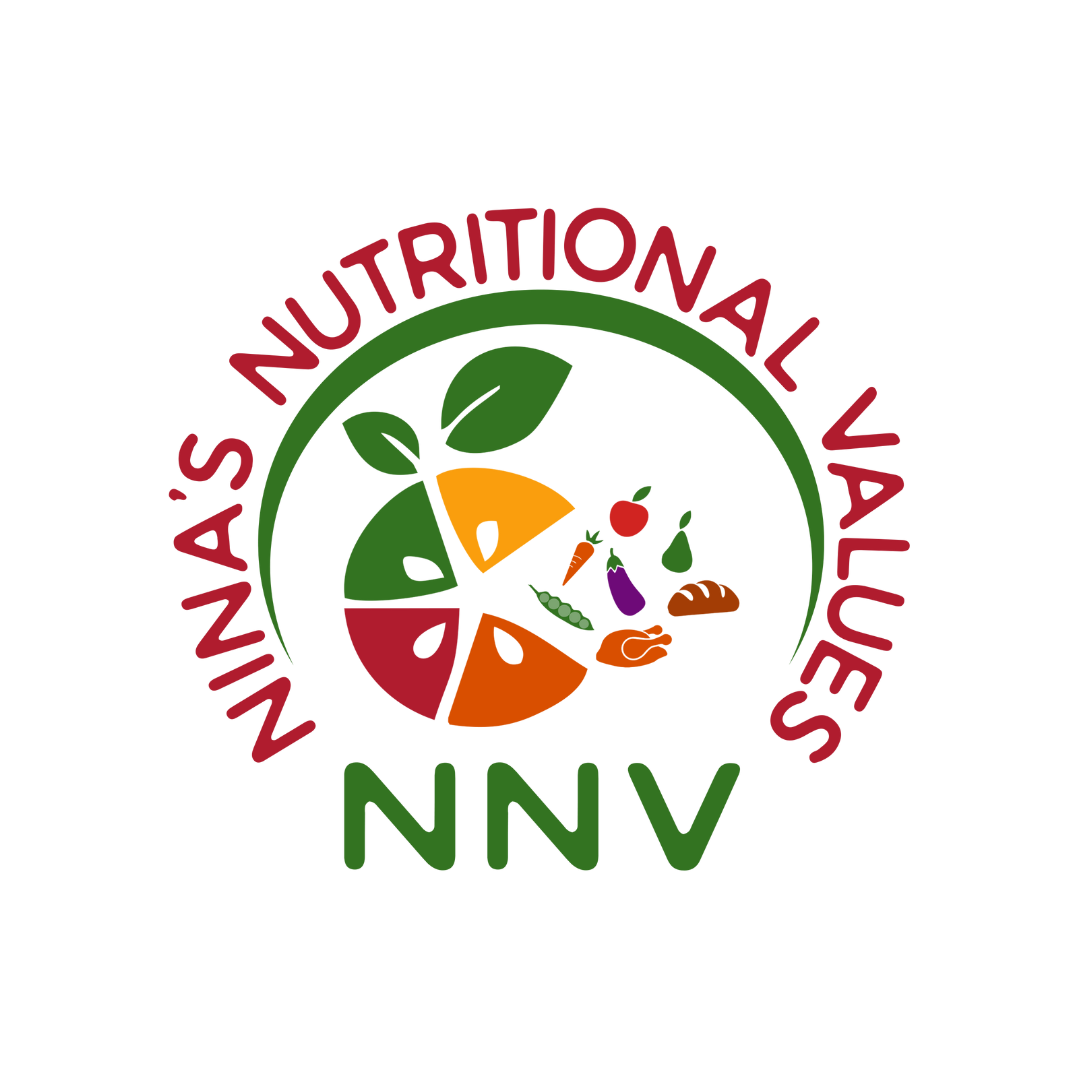Nutrition Tips for Healthy Aging
Looking for a dietary path that will help you age gracefully? Well, finding the right balance can certainly be challenging, so let's talk about some nutrition tips that will encourage healthy aging in that precious body of yours.
Nutrition for Healthy Skin
Since many of us are concerned about the appearance of our skin as we age, it is essential to focus on drinking plenty of water and healthy eating, specifically foods rich in antioxidants. According to Dermato-endocrinology, antioxidants are a must for skin health during the aging process. For example, vitamin C is necessary for the building of collagen, the protein that gives skin its elasticity. Vitamin E combats free-radical damage, which contributes to the aging of our skin. Free radicals can contribute to oxidative stress that plays a role in many disease states, such as chronic inflammation and heart disease.
According to the National Institutes of Health, sources of antioxidants include fruits, vegetables, nuts and seeds, and green tea, to name a few. Therefore, including a variety of whole fruits and vegetables in your diet ensures that you are consuming adequate amounts of beneficial antioxidants to nourish your skin from within.
Nutrition for Brain Health
Eating foods that are “brain boosters” can keep this vital organ healthy and can improve memory and concentration. To keep your mind sharp, Harvard Health recommends consuming leafy greens, tea, coffee, fatty fish (which contains omega-3 fatty acids), berries, and nuts to support a healthy brain and cognition during the aging process.
Additionally, the MIND diet (a combination of the Mediterranean and DASH diets) is designed to lower blood pressure and incorporates foods known to benefit cognition and brain health. According to the National Institute on Aging, the MIND diet includes whole grains, berries, vegetables, beans and legumes, olive oil, fatty fish, and poultry.
Nutrition for Strong Bones
According to the Mayo Clinic, calcium and vitamin D are critical nutrients for maintaining strong, healthy bones and preventing bone disorders, such as osteoporosis, in older adults. Food sources of calcium include dairy foods, nuts and seeds, beans, soy, dark leafy greens, and canned fish with bones. Vitamin D helps our bodies absorb calcium and regulates blood levels of calcium and phosphorus (both needed for bone formation). Unfortunately, very few foods are sources of vitamin D. Nonetheless, feel free to consume fortified foods and beverages such as milk, plant-based milk, and orange juice. Sunlight also contributes to the body’s production of vitamin D.
Eating a well-balanced diet will ensure that you are getting enough of most nutrients needed to keep your bones healthy.
Nutrition for Muscle Strength
Sarcopenia is a progressive loss of muscle mass, function, quality, and strength that occurs as part of the aging process. Today’s Dietitian describes how adequate protein intake can help prevent sarcopenia. Sources of protein include meat, poultry, seafood, dairy, eggs, and plant-based sources such as nuts and seeds, seitan, tofu, tempeh, edamame, lentils, beans, hemp, quinoa, and oats. To date, adequate protein intake is the most promising intervention to prevent and/or delay sarcopenia.


